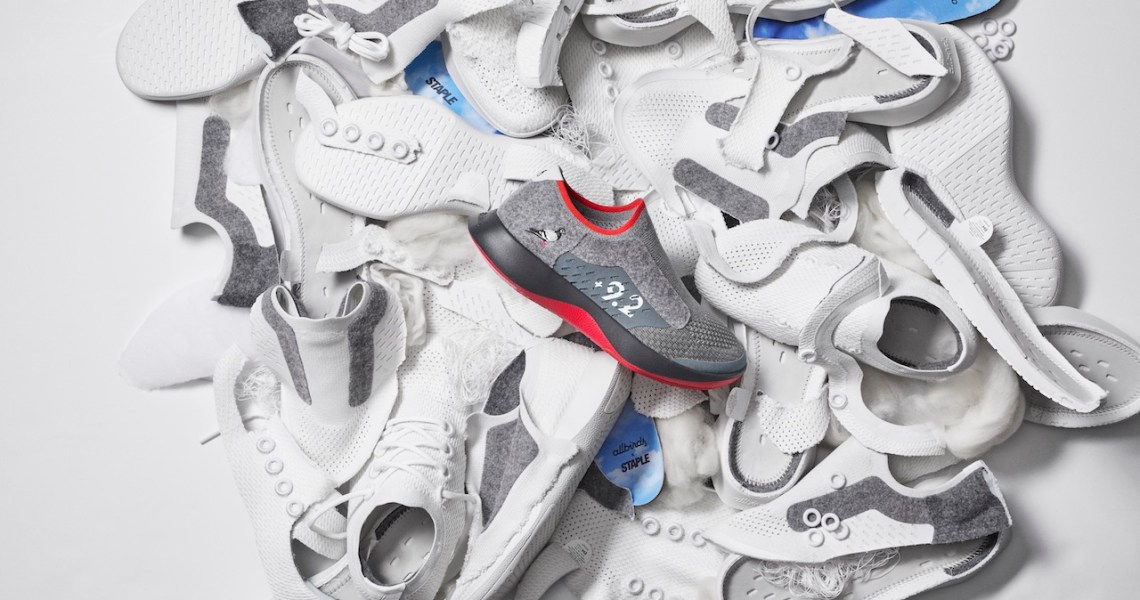One of the dangers of becoming a publicly traded company is having to satisfy growth-hungry, and sometimes finicky, investors and stakeholders.
For Allbirds, a focus on sustainability has been a key part of the brand’s identity from the very beginning. So, needing to satisfy investors looking for quarterly profits may be a tough balance. But Allbirds’s status as a Public Benefit Corporation, or PBC, may help it balance those two sides of the business.
A PBC is a for-profit corporation that also enshrines a specific public benefit into its initial IPO. In Allbirds’ case, this means the company is making environmental benefits a guaranteed obligation, on the same level as bringing in profits to shareholders, with the latter not coming at the expense of the former.
PBCs are required to take the public benefit of their choice — which could be cultural, economic, charitable or environmental — into account whenever decisions are made. Additionally, PBCs are required to produce regular annual reports on their chosen public benefit alongside earnings reports for shareholders.
Allbirds’ head of sustainability, Hana Kajimura, told Glossy in August that the brand has lofty sustainability goals that aren’t changing even as the company is expected to IPO.
“We’re the first brand to print the carbon footprint of everything we make on the product itself,” Kajimura said. “It’s our way of holding ourselves accountable. We want to cut our carbon footprint in half by 2025 and to almost zero by 2030.”
While a PBC has more leeway to focus on its mission, it still has to satisfy shareholders, as well. Despite raising $100 million in a Series E funding round last September and being worn by big celebrities like Leonardo DiCaprio and President Barack Obama, Allbirds has yet to turn a profit. For the three months ending on Sept. 30, Allbirds reported a $7 million loss.
Ad position: web_incontent_pos1
Some other B-Corp-certified companies that otherwise would be perfect fits for PBC status, like Etsy, have elected not to become PBCs, partially due to lack of investor familiarity with the model. In the U.S., there are less than a dozen PBCs being publicly traded, and none are apparel brands. They include education company Laureate Education and insurance company Lemonade.
The brands that have had the most success at holding to their sustainable missions tend to be private companies. Patagonia has generated more than $1 billion in sales, yet has specifically chosen to remain a private company to avoid any investor pressure to forsake the environment in the name of profits.
“In the short run, Allbirds is very likely to find an investor base that is highly supportive of their sustainability mission and drive,” said Raghav Sharma, co-founder of VR software company Perfitly. “This is part of the ethos of the firm and, as an investor, you know what you’re signing up for.”
What remains to be seen, Sharma said, is how Allbirds’ investor base may change over time. Finding initial investors who are on board with its environmental mission may be simple, but it’s unclear how much demand there is beyond those already putting money into sustainable companies.




